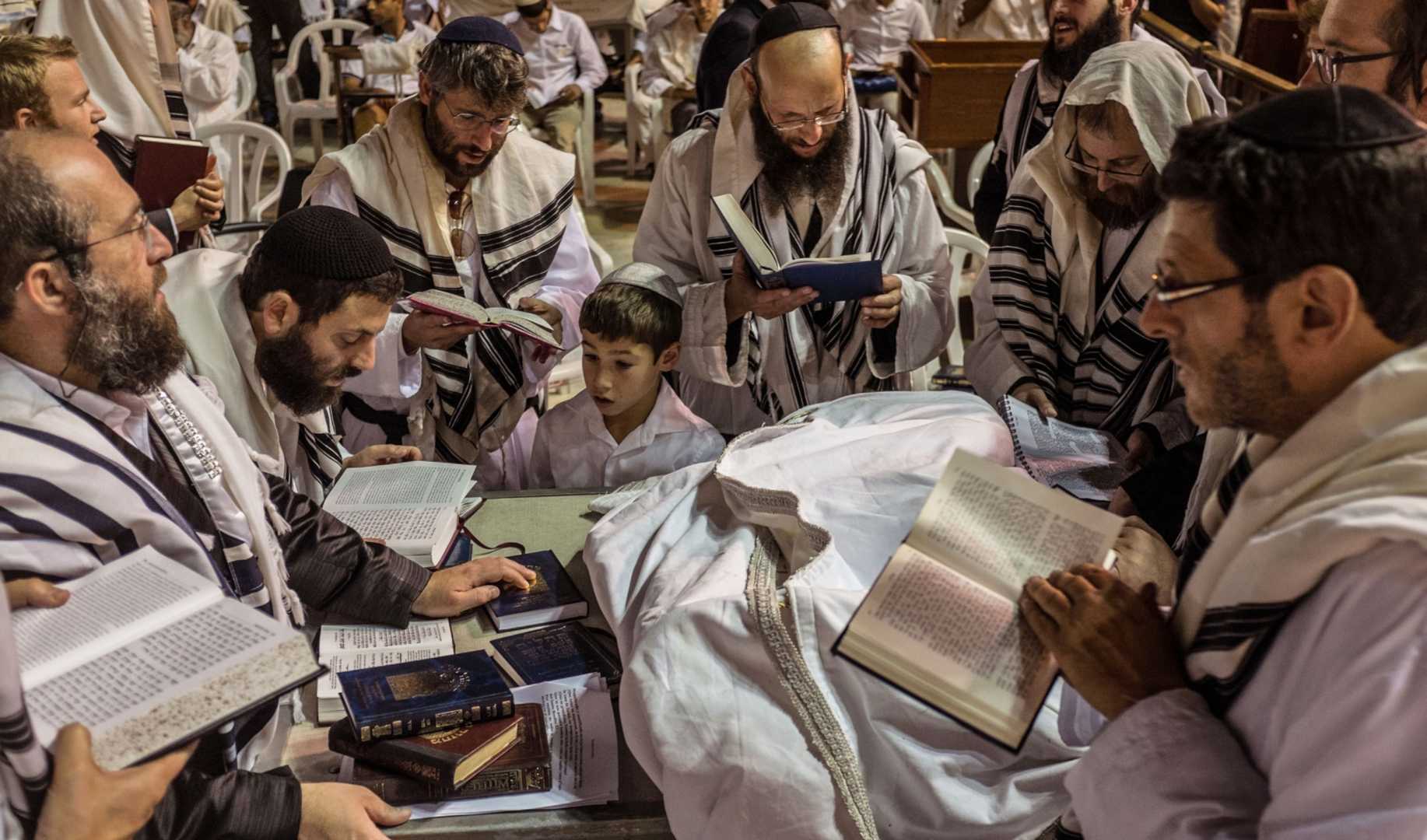News
Reframing Yom Kippur: Fasting and Forgiveness Amid Illness

New York, NY — As the sun sets on Wednesday, Jewish communities worldwide will begin a daylong fast for Yom Kippur, the Day of Atonement. However, some individuals, like those living with chronic illnesses, are choosing not to observe the fast.
One writer, who has lived with chronic migraines since the age of eight, shares her struggle with fasting during this holy day. Despite being eligible, she has been discouraged from fasting by her parents and health professionals. “Fasting is an obvious trigger for my migraines,” she explains. Many people with similar conditions face the same dilemma during religious observances.
Rabbi Diane Rose understands this conflict. She recalled a congregant who was unwell and insisted on fasting. “I said to him, ‘What are you doing? Literally the most orthodox rabbi would tell you to eat an egg right now,’” she stated, highlighting the importance of prioritizing health during spiritual practices.
In addition to physical health, fasting can be particularly challenging for those in recovery from eating disorders, according to Dr. Molly Perlman, chief medical officer of Monte Nido, a treatment organization. She emphasizes the need for individuals to reflect on their motivations for fasting. “It’s important for someone contemplating [fasting] to really step back and decide if this is driven by the eating disorder,” Dr. Perlman said.
Rabbi Rose points out that fasting is just one commandment of Yom Kippur. She encourages people to consider other ways to observe the day, such as dressing humbly, forgoing perfume, or not wearing leather. “You could still dress simply, not put on lotion, not wear perfume. In that way, you’ve done the other aspects of traditional observance,” she said.
Both Dr. Perlman and Rabbi Rose advocate for alternative observances on Yom Kippur, such as prayer, journaling, or meditative practices. Dr. Perlman recommends reflecting on personal goals for the upcoming year or writing a letter to yourself to read next Yom Kippur, offering hope to those navigating recovery from mental illness.
Rabbi Rose also draws inspiration from her work with children, who are not allowed to fast. She encourages them to find personal sacrifices outside of fasting to signify the day’s importance, such as giving up social media or moving their nighttime routines away from comfort.
Stepping beyond traditional norms, Rabbi Rose suggests creative activities like reading poetry, meditation, or writing personal prayers. Dr. Perlman believes in the healing power of vision boards, especially for younger clients in recovery.
As individuals prepare for Yom Kippur, Rabbi Rose advocates reframing atonement as a practice of restoring oneself rather than punishing oneself. She points to the principle of teshuvah, emphasizing self-reflection and growth. “Can you forgive those who haven’t even asked for it?” Rabbi Rose asks. “The hardest part is forgiving yourself.”
In past observances, the writer admits to distracting herself from hunger by immersing herself in work, believing it to be a testament to her faith. Yet, she realizes that true reflection on the day involves confronting difficult emotions associated with forgiveness.
Rabbi Rose encapsulates this idea, stating, “It’s a day to focus on forgiveness. For Jewish tradition, to go through that process is more important than whether or not you ate.”












